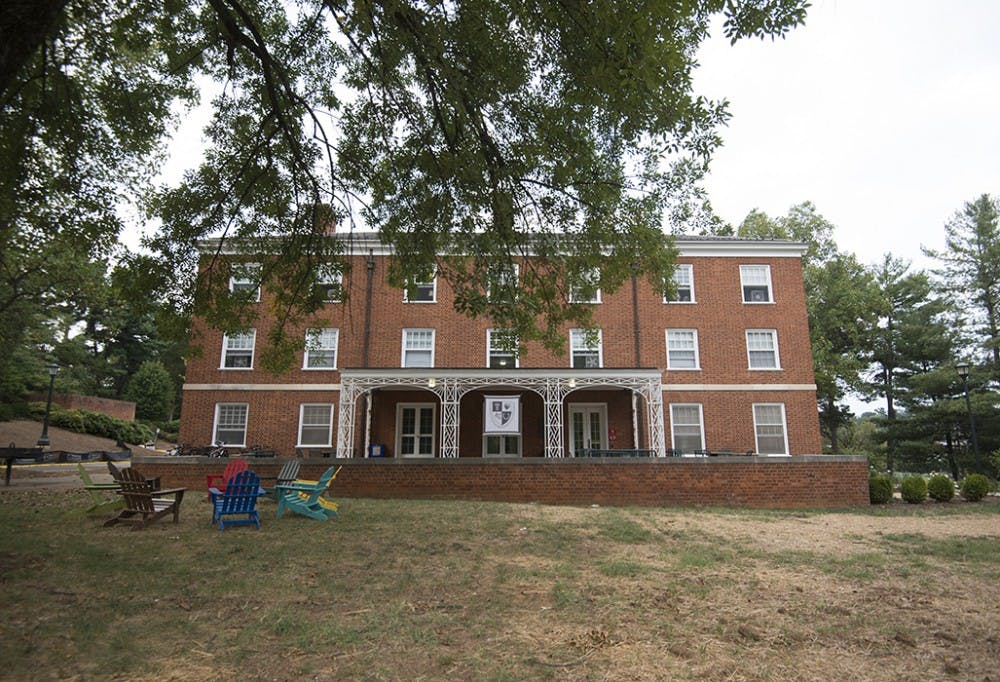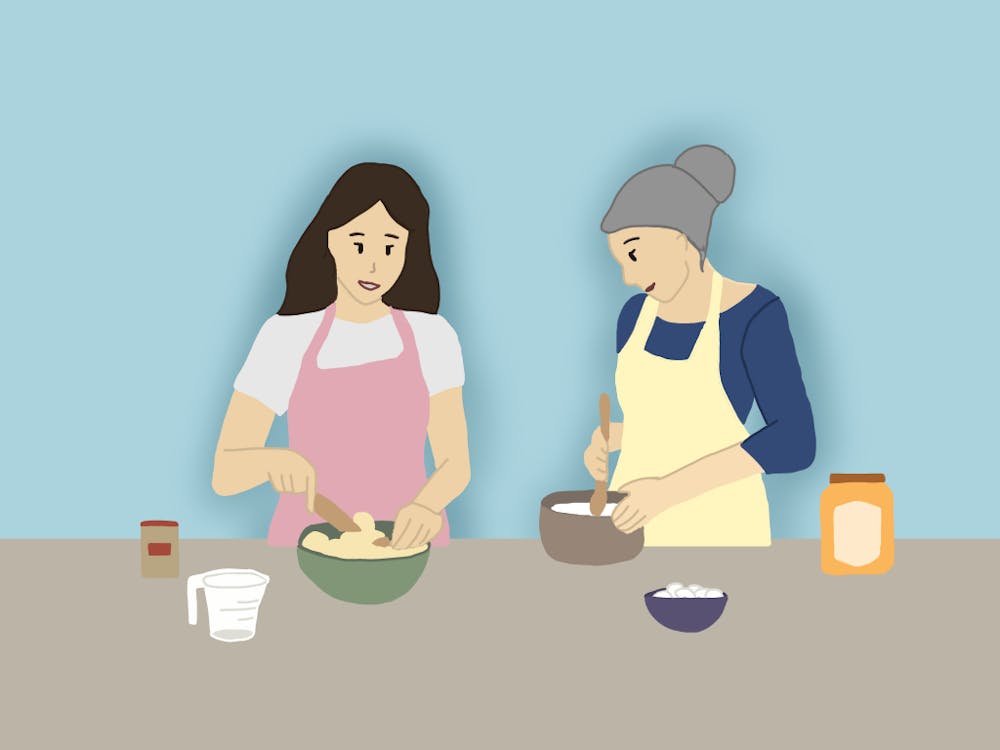With the arrival of November, the weather is cooling down but the political climate is coming to a boil. On Tuesday, citizens will make their way to the polls to decide who will be at the helm of one of the most influential countries on the globe. To many, this election cycle may feel like a choice between the lesser of two evils, but the impact of this decision spreads far beyond those who have a vote in the election.
“I think in a way it’s annoying that I’m not able to vote just because I want to make that choice, but it’s also really hard to make that choice,” Akash Khungar, a fourth-year Commerce student from India, said.
The University has a thriving global community made up of almost 2,000 international students from 86 separate countries. The issue of immigration is quite contentious this election, causing some international students to feel uncertain about their futures. This population is especially affected because their subsequent plans will be determined by an election in which they cast no ballot.
“I think that sense of anxiety comes from the fact that if Trump gets elected, what does my future look like, in terms of staying in the U.S.,” Khungar said. “Especially since I’m a fourth-year, my plans are to be working in the U.S. right after graduating.”
Many of the same patterns and questions of this election are rising to relevance in other nations. Some compare the choice between candidates to the Brexit vote earlier this year.
In June, the United Kingdom voted in a referendum to leave the European Union.
“I think that Brexit happening is sort of the same thing … as Trump becoming a major party nominee,” Sophie Maeter, a third-year College student who grew up in the United Kingdom, said. “Immigration becomes an issue because … it’s the thing people are most afraid of right now, and fear is the greatest motivator to vote. Convince people there are going to be floods of immigrants coming in, and they’re afraid of that — they’re going to vote.”
The rhetoric of this political cycle revolves around large gaps in ideology — between political insiders and outsiders, the wealthy, the middle class and the poor, white nationalists and minorities. The greater conversation revolves around the relevance each issue is given in the campaign and media.
“This election has been more about just beating the other candidates by what they’ve done in the past and less talking about real issues,” Khungar said.
The election is important in determining where the United States stands on the global stage. The United States could lessen support of NATO and restrict Muslim immigrants from entering the country as Donald Trump proposes, or it could continue a more traditional post-World War II foreign policy by working closely with allied nations as Hillary Clinton plans.
Trump has called for putting “America first” by renegotiating trade deals, increasing tariffs reevaluating alliances like NATO and limiting immigration, while Clinton has called for comprehensive immigration reform, continuing American involvement in NATO and has generally been viewed as more supportive of free trade.
“Assuming a global leadership position in our current multipolar world, with the rise of China, with the rise of other powers, it’s extremely hard for the U.S. to find its place,” Clarisse Marsac, a third-year College student on exchange from France, said. “However, we do still need the U.S. To retreat into isolationism and to not intervene anywhere would leave a sort of power vacuum. It would be dangerous.”
Immigration policy ranges from candidate to candidate. Republican candidate Donald Trump’s policy focuses on securing the borders and sending undocumented immigrants back to their nation of origin, while Democratic candidate Hillary Clinton’s policy plans to close halt immigrant detention centers and increase the number of people eligible for naturalization.
Libertarian candidate Gary Johnson plans to create a more efficient system to assimilate immigrants by making it easier to get work visas and providing quicker background checks. Green Party candidate Jill Stein supports the DREAM Act and creating a better route to citizenship.
“Americans have a much more domestic focus than other countries,” Maeter said. “Something Americans haven’t really considered is how this election looks to the rest of the world. It’s very easy to say, ‘I like this candidate’ or ‘I don’t like this candidate because of xyz’ on a domestic level. I think Americans need to step back and say the world is looking at us right now, what do we want them to see?”
Despite the polarity of this election cycle, it is important for the nation to remain united. Whatever the outcome may be, there is always hope for a better future as long as there is open political discourse.
“I think given that it’s still a democratic nation even after the election there are ways to still voice your opinion. You can still do that with your own state and take it nationally,” Khungar said. “It’s really important to come together and discuss things rather than just having those polarized opinions and having those two-opposing points of views and not caring what the other side has to say.”







